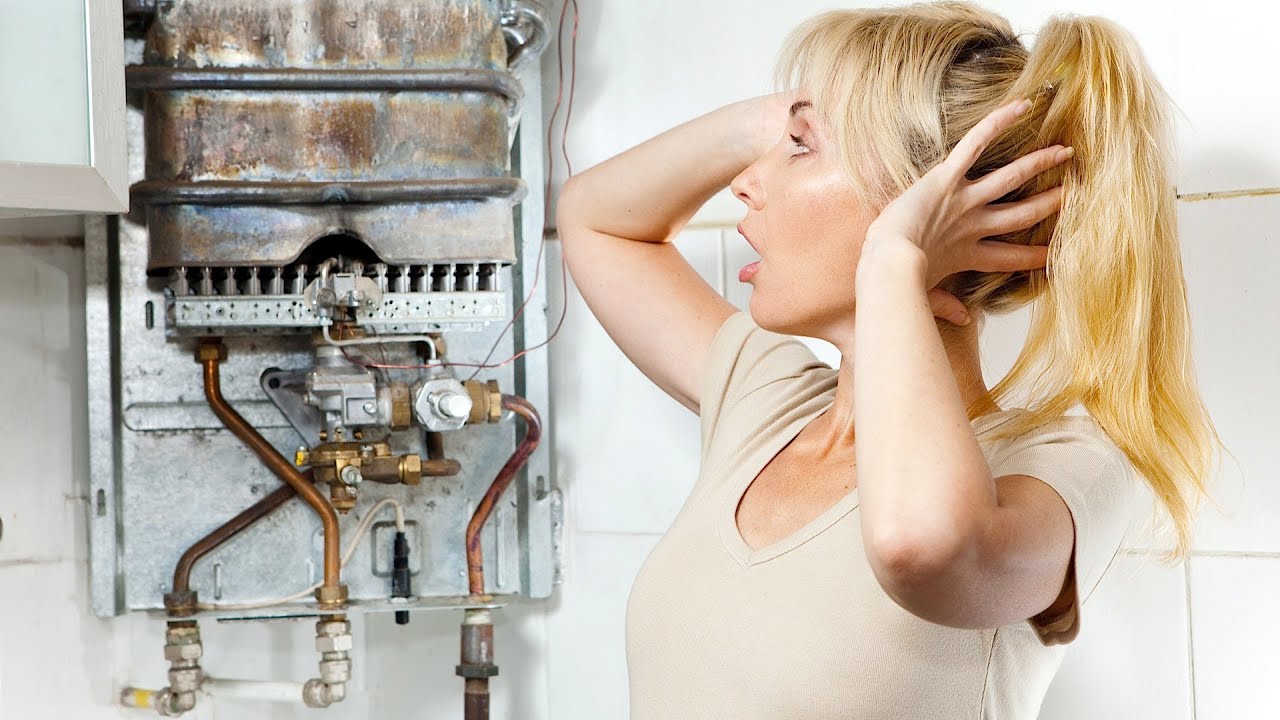Blogs

Gas Hot Water System Not Working: Reasons and How to Fix It
Is your gas hot water system suddenly not working? Don’t panic—you’re not alone, and it doesn’t always mean an expensive repair. From a simple pilot light issue to problems with the thermostat or gas supply, there are a few common reasons your system might stop heating water.

Hot Water Heater Leaking: Reasons and What to Do
Hot water heater leaking can indicate serious problems from tank corrosion to valve failures. Learn the warning signs and immediate steps to take.

10 Most Common Hot Water Heater Noises
Hot water heater making noise? Identify common sounds like popping, banging, and hissing to know when you need professional repair services.

13 Most Common Hot Water Heater Problems
Experience no hot water, temperature fluctuations, or mysterious noises? These common hot water heater problems have simple solutions with professional help.

How long do hot water systems last?
Hot water systems typically last 8-20 years depending on the type, with electric storage systems operating 8-12 years, gas systems providing 10-15 years of service, and solar systems offering the longest lifespan at 15-20 years. Several factors significantly impact longevity including water quality, maintenance schedules, and installation quality - hard water accelerates deterioration while regular maintenance like replacing sacrificial anode rods every 3-5 years and annual tank flushing can extend lifespan by 3-5 years.

How does Hot water heater work?
Understanding how your hot water heater works helps you maintain reliable hot water and recognize when professional help is needed. These essential household appliances use energy transfer from electricity, gas, or solar power to heat cold water from your main supply, storing it for daily use in showers, dishwashing, and laundry. The basic working principle involves heating water molecules that naturally rise within the storage tank - electric systems use submerged heating elements, gas units burn fuel beneath the tank, solar collectors capture sunlight energy, and heat pump systems extract warmth from surrounding air.

How much does hot water system replacement cost?
Hot water system replacement in Australia costs between $1,200 to $4,500, with most homeowners paying around $2,800 for a complete replacement including professional installation. Electric systems are the cheapest option starting from $1,200, while gas systems cost $1,800-$3,200 and offer faster heating. Heat pump systems require $3,500-$6,000 but provide excellent energy efficiency, and solar systems cost $4,000-$8,500 upfront but can reduce hot water costs by up to 70% long-term. The final price depends on system type, capacity, installation complexity, and available government rebates that can significantly reduce your costs.

How much does a hot water system cost?
Hot water systems in Australia cost between $800 to $8,000 depending on the type you choose. Electric storage systems are the cheapest option starting at $800, while solar systems cost the most at up to $8,000 but offer the lowest running costs. Gas systems ($1,200-$3,500) provide good value with faster heating, heat pumps ($2,500-$5,000) deliver high efficiency, and tankless systems ($1,500-$4,000) save space while providing unlimited hot water. The final price depends on system capacity, installation complexity, your location, and available government rebates that can save up to $3,000. While electric systems have low upfront costs, they're expensive to run long-term. Solar and heat pump systems cost more initially but provide significant savings on energy bills over their lifespan.

4 Different Types of Electric Hot Water Systems
Explore the four main types of electric hot water systems available for Australian homeowners. From budget-friendly tank storage systems costing $750-$1,200 installed to environmentally-friendly solar-assisted electric systems priced between $3,600-$7,000, this guide breaks down your options. Compare efficiency ratings, lifespan expectations, and annual running costs to find the perfect match for your household needs. Tank systems offer simplicity and affordability but higher running costs, while heat pump systems use up to 75% less electricity than conventional units. Learn how household size, climate conditions, available space, and energy efficiency requirements should influence your decision when selecting an electric hot water system. The article also explores gas systems, heat pumps, and solar thermal alternatives for those considering non-electric options.

9 Different Types of Solar Hot Water Systems
A comprehensive guide to the 9 different types of solar hot water systems available in Brisbane. From budget-friendly flat plate collectors to premium evacuated tube systems, learn about the pros, cons, efficiency ratings, and costs of each option. Most solar hot water systems can provide between 50-100% of your home's hot water needs, with installation costs ranging from $2,000 for basic systems to $9,000 for premium configurations. Find out which system is best suited for your household size, climate conditions, and budget to maximize energy savings while ensuring reliable hot water supply year-round.

7 Different Types of Gas Hot Water Systems
Gas hot water systems provide efficient heating solutions using natural gas or LPG. The seven main types include traditional storage tanks offering reliability with moderate efficiency; tankless systems delivering endless hot water without standby losses; advanced condensing models capturing exhaust heat; simpler non-condensing options; innovative hybrid systems combining multiple technologies; high-flow continuous systems for larger households; and compact instantaneous heaters for single-point use. Each type offers distinct advantages in efficiency, space requirements, and performance, with lifespans ranging from 10-20+ years depending on the technology and maintenance.

4 Different Types of Hot Water Systems
Hot water systems account for about 25% of home energy use, making the right choice important. Australia offers four main types: electric systems provide reliable performance with simple installation; gas systems deliver quick heating and cost-effective operation; solar systems harness renewable energy with significant long-term savings; and heat pump systems use innovative technology to reduce electricity consumption by up to 70%. Choose based on your household size, climate, energy sources, and budget for optimal efficiency.

